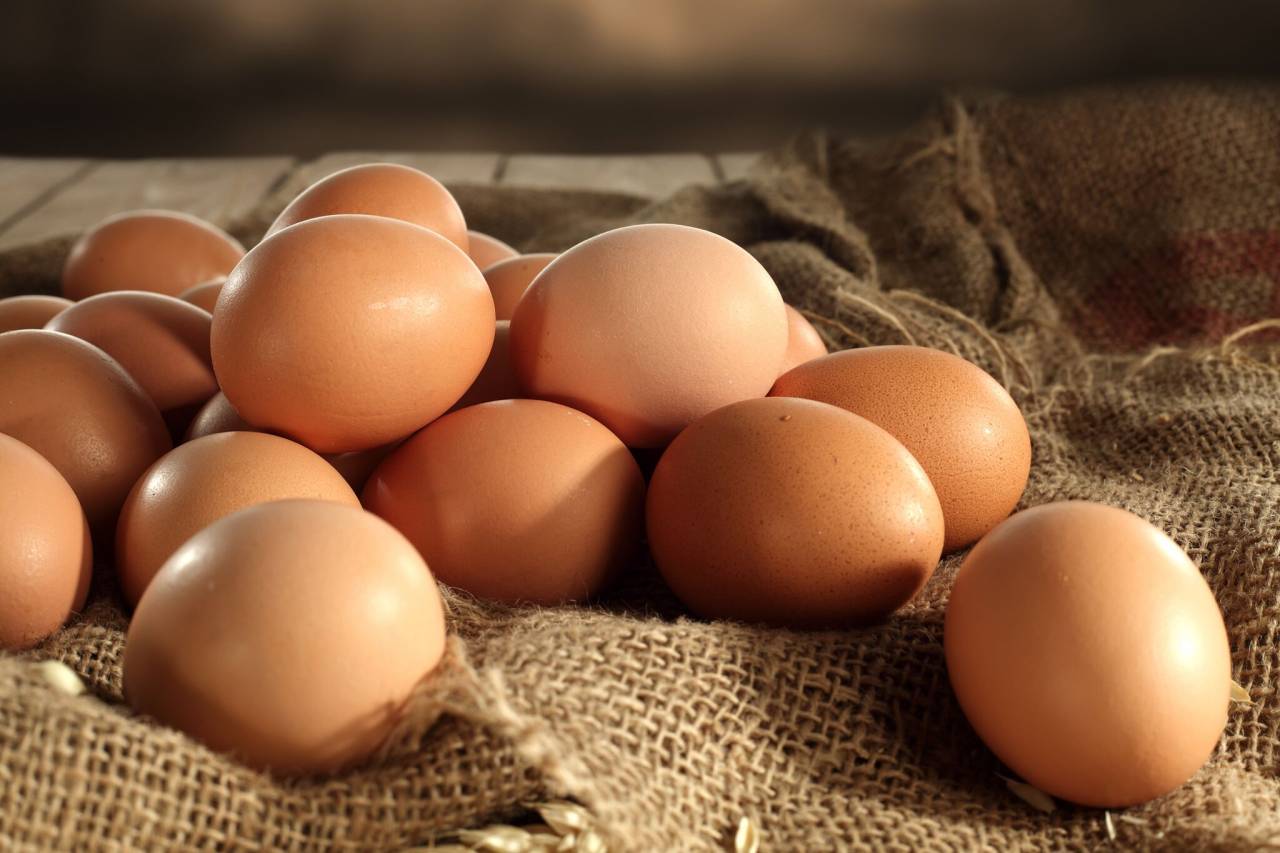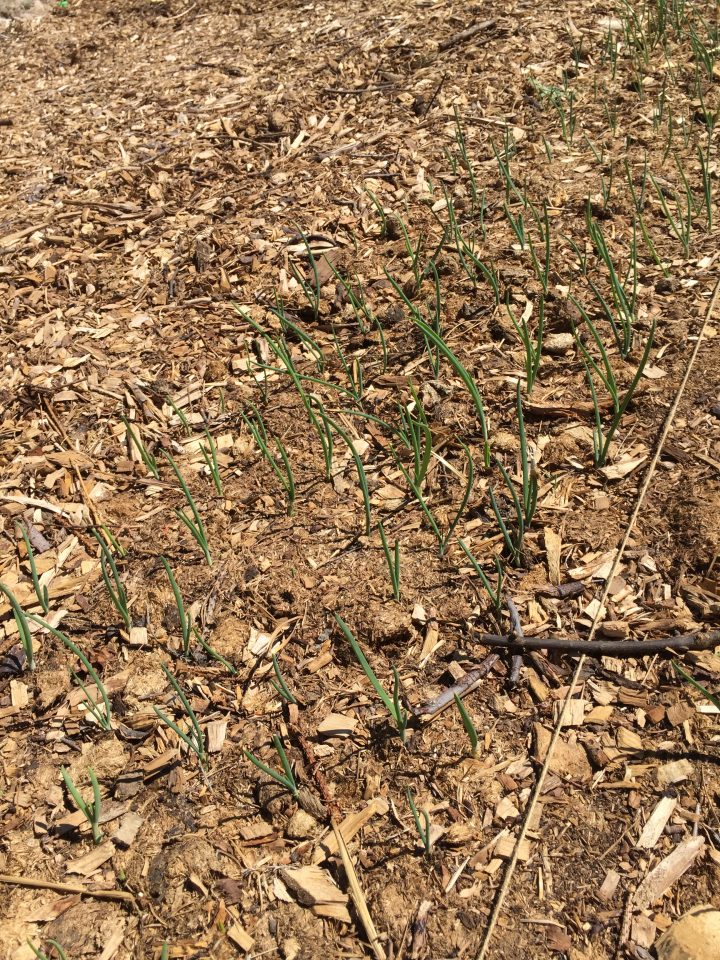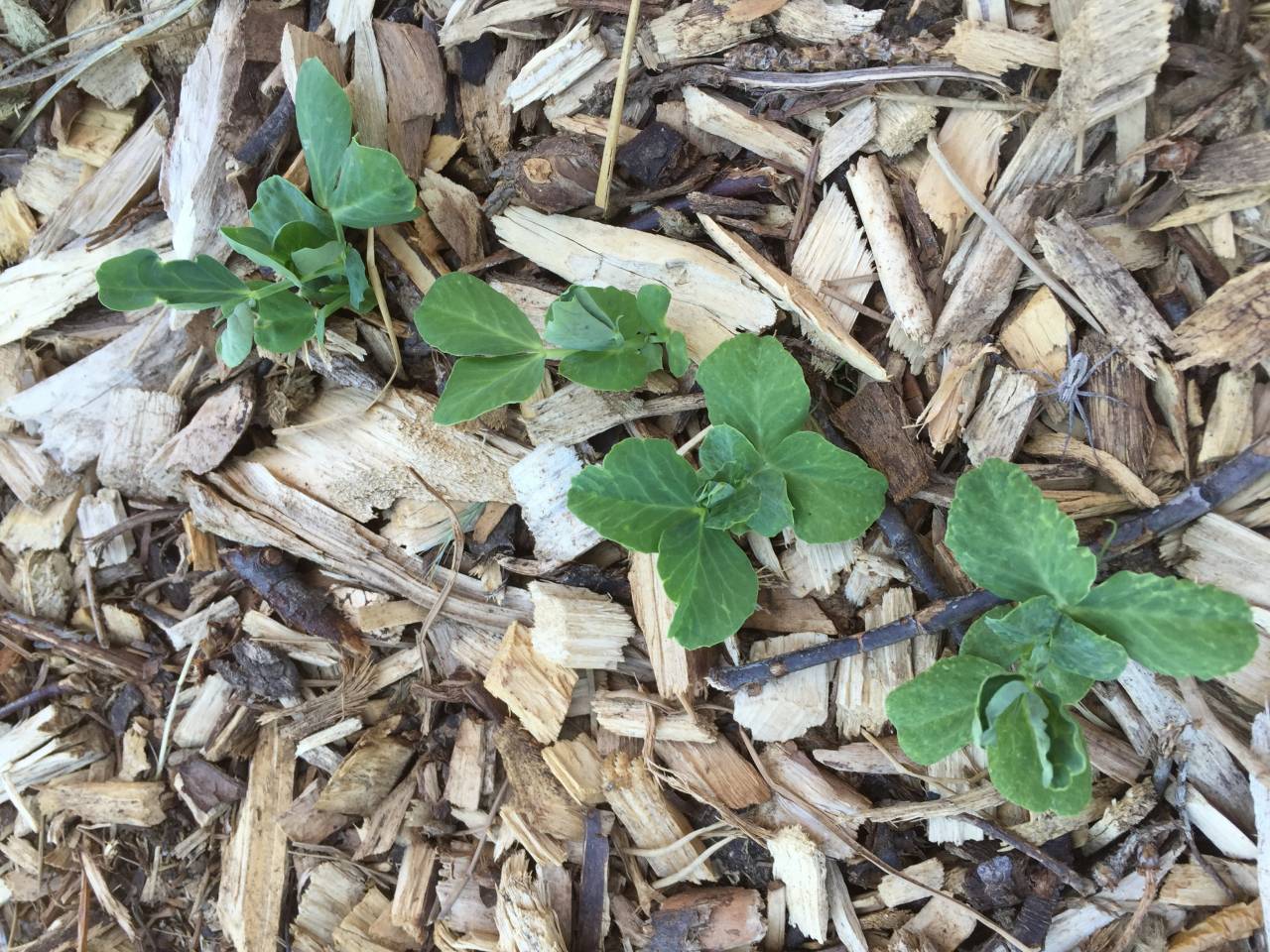I spent my childhood cleaning fresh eggs with a damp cloth and vinegar. It was one of those things Mom told me to do, and I assumed it was a time-honored tradition.

I was in my 30s before I realized that cleaning eggs– how, and whether to do it all– is a slightly controversial topic.
A survey of university studies and laws reveals numerous theories and methods ranging from using government approved detergents to sanding debris–ahem, chicken poop– off the eggs.
At issue is the porous composition of eggshells and the importance of removing possible bacteria balanced against the dangers of removing a natural protective coating that keeps bacteria from actually entering the eggs.
One of the fascinating aspects of this topic is that eggs in US supermarkets would be illegal to sell on European store shelves where eggs typically not refrigerated. In Ireland, you can only wash Grade B eggs.
Here are the biggest takeaways from my research:
- Keeping a clean coop with well-lined nest boxes is probably the most critical aspect of ensuring egg safety
- As someone interested in organic food production, keeping clean, unwashed eggs with the “bloom” intact is a solid strategy (after Europeans seem to be surviving just fine).
- Once refrigerated eggs should remain refrigerated since temperature changes may cause the eggs to draw bacteria into the shell.
- Finally, an article from David Shiley, an Extension Educator in Wisconsin suggests Mom’s approach, cleaning eggs with a vinegar solution, was just fine.
One more factor you’ll want to consider related to egg safety is making sure the eggs don’t develop hairline cracks– which would allow bacteria to enter the eggs and the eggs to spoil. Using a wire basket and not stacking them too high can help keep the eggs from breaking.
Finally, there is one time I recommend dunking an egg in water: if you are in the process of cooking and wonder if your egg is fresh or spoiled. Just drop it in a cup or bowl of water. If it sinks, it’s still fresh enough to use. You can take the egg out of the water and used it immediately. If the egg floats, you’ll want to delicately remove it from the house. (Few things smell worse than a rotten egg.)




 Choosing Materials for a New Fence
Choosing Materials for a New Fence We quickly added a single strand of nylon electric wire around the inside of the entire pasture about six inches off the ground and a second strand about the height of an adult goat’s nose. As soon as the electric wires went up, our herd knew this was one serious fence and it was time to find something else to do— like jump off the small cliff so conveniently provided inside their new pasture.
We quickly added a single strand of nylon electric wire around the inside of the entire pasture about six inches off the ground and a second strand about the height of an adult goat’s nose. As soon as the electric wires went up, our herd knew this was one serious fence and it was time to find something else to do— like jump off the small cliff so conveniently provided inside their new pasture. Other Good Fencing Options
Other Good Fencing Options
 A solid wooden fence is another option that will work— it’s just a bit more work to build and usually quite a bit more expensive than the wire and electric options mentioned above.
A solid wooden fence is another option that will work— it’s just a bit more work to build and usually quite a bit more expensive than the wire and electric options mentioned above.
 Ranch panels— also sometimes called hog panels or cattle panels— can be a convenient fencing solution. They are strong and easy to put up. In fact, with a few panels and metal fence posts, you can have a decent pen in place within an hour.
Ranch panels— also sometimes called hog panels or cattle panels— can be a convenient fencing solution. They are strong and easy to put up. In fact, with a few panels and metal fence posts, you can have a decent pen in place within an hour. However, there are a couple of drawbacks. First of all, baby goats can easily leap through the holes in these panels. Secondly, goats of all ages love to stick their heads in anywhere they can jam them— and if you have a goat with horns, it’s very likely they will get stuck. This becomes a dangerous situation when a goat gets trapped in a fence on a hot, dry day when it needs to drink plenty of water to stay cool.
However, there are a couple of drawbacks. First of all, baby goats can easily leap through the holes in these panels. Secondly, goats of all ages love to stick their heads in anywhere they can jam them— and if you have a goat with horns, it’s very likely they will get stuck. This becomes a dangerous situation when a goat gets trapped in a fence on a hot, dry day when it needs to drink plenty of water to stay cool. In fact, if you have any goats with horns, you’ll want to make sure there is no fencing with large spaces between the wires or loose wire that their horns could become tangled in.
In fact, if you have any goats with horns, you’ll want to make sure there is no fencing with large spaces between the wires or loose wire that their horns could become tangled in. More Information
More Information